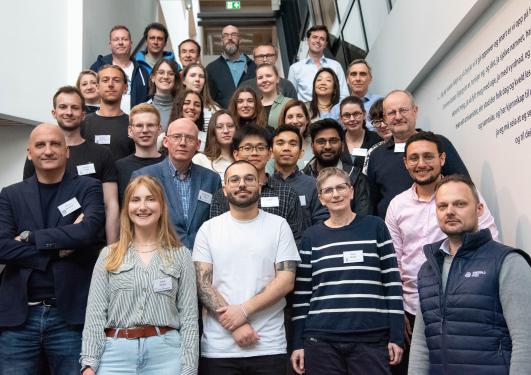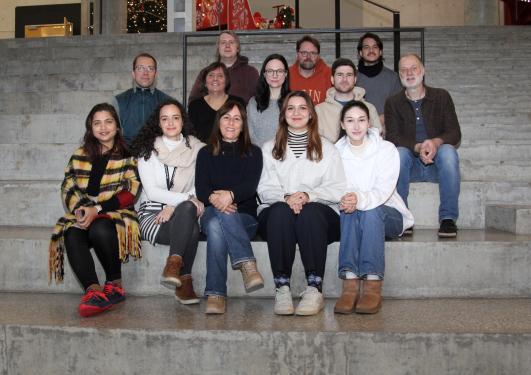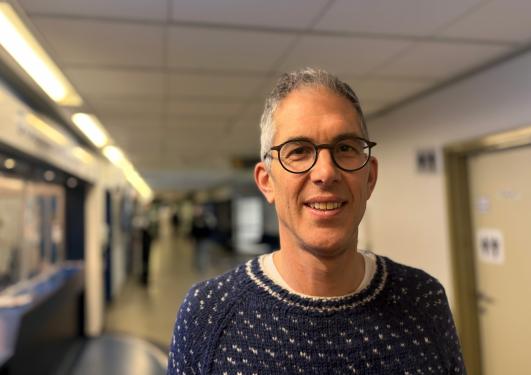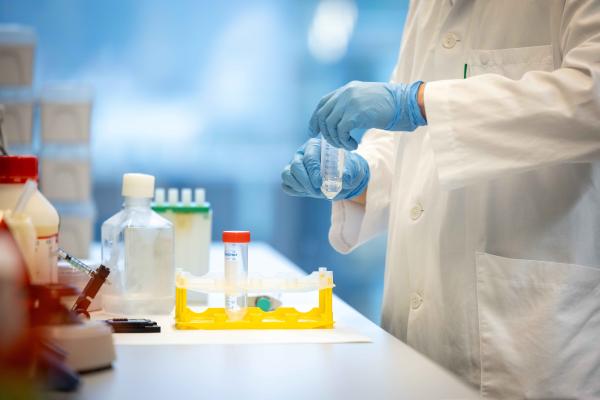
At the Department of Biomedicine, we are doing education and research on the biological mechanisms of human health and disease.
Our broad spectrum of expertise covers the topics of:
- cancer
- neuroscience
- physiology
- protein biology
- nanotechnology
- neuropsychiatric disorders
- cell biology
At the Department of Biomedicine, we train future scientists in a master's programme and a PhD research school. Around 200 employees form the core of the five thematically grouped research units. We manage three high-technology core facilities that are available to all higher education institutions in Norway. Our public academic lecture series BBB seminars started in 2003 and has become a valuable contribution to the Department's outreach programme.
Calendar
Dr. Mounia Lagha, University of Montpellier, France
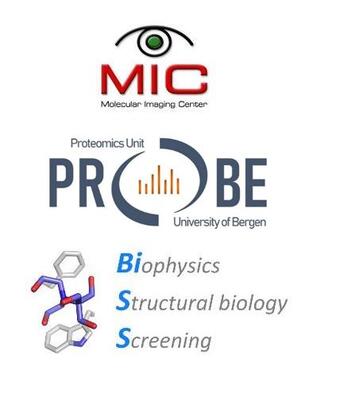
Core Facilities
MIC (Molecular Imaging Centre)
PROBE (Proteomics Unit at the University of Bergen)
BiSS (Biophysics, Structural Biology, and Screening)
Core facilities that are open to any higher education institution in Norway. The idea behind the core facility concept is to make sophisticated scientific equipment and highly specialized personnel available to a wide range of users. In turn, core facility users contribute financially to operational expenses through paying a set fee for services rendered.

